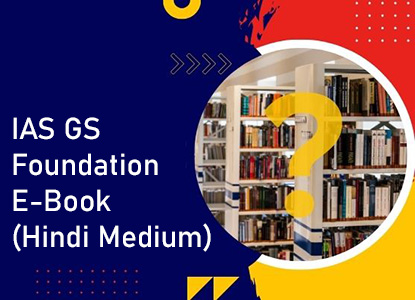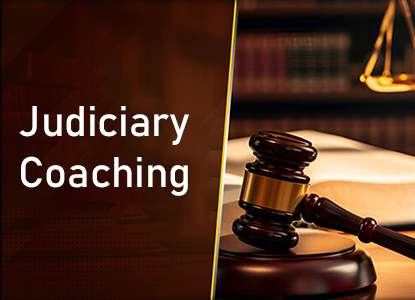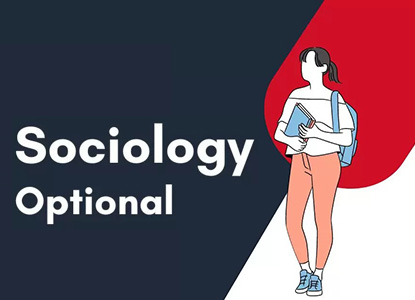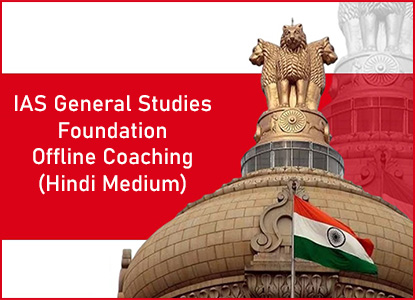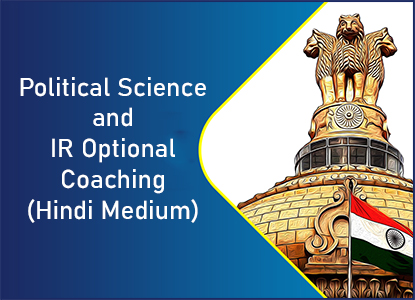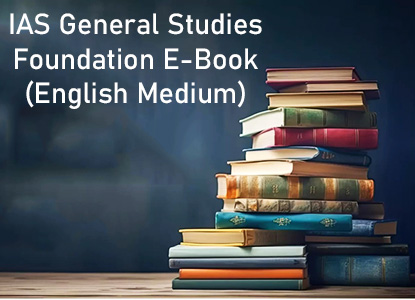
The course structure of Union Public service commission (UPSC) offers Law as an optional subject to its candidates. This subject consists of two different papers, each paper in this structure carries 250 marks personally, making 500 marks in total. At EG IAS Classes, we prepare our students for these papers with systematic study schedule.
Topics covered in Paper 1:
1. Constitutional Law: Constitutional Law refers to a branch of law, which regulates the relationship between the state government and the central government, and also regulates personal rights for individuals.
2. International Law: International Law is another branch of law commission, responsible for maintaining a positive relationship between business structures, organizations and even countries on international level.
3. Law of Treaties: Law Of treaties is another type of international law involves multiple different parties, created to conduct negotiation between two or more countries.
4. Human Rights: Human rights refers to the rights given to every separate individual, providing equal right to every individual and eliminates the discrimination on the basis of nationality, sex, ethnicity, language, religion, or any other status.
5. Environmental Law: Environmental laws refer to a set of restrictions applied on every individual, organization and governments in order to maintain sustainable development.
Topics Covered in Paper 2:
1. Jurisprudence: Jurisprudence is types of law studies focus on understanding the conceptual properties of laws and its nature. This study structure main goal is to understand the logical concept of legal theories.
2. Contract Law: Contract law works as a bridge between two or more parties. When an agreement is signed, contract law works as a mutual obligation between parties to protect their interests.
3. Commercial Law: Commercial law also known as business law, is a set of law and regulations created to protect the information held between the parties and govern business relationships resulting in promoting fair competition.
4. Intellectual Property Rights: Intellectual Property Rights referred as a legal labels created to protect the original work of its creator. It was allotted by government and prevent others from replicating, resulted in provide fairness to its creator.
5. Penology: Penology refers to the punishment and penal systems enforced by law, given to the culprit based on their crime.
If you are also an UPSC aspirant and looking for best coaching class for your upcoming exams, than enroll in our study program and start your preparation with our experts. EG IAS Classes will help you in every aspect and provide you a better guidance which will surely help you. So, contact us today for your upcoming exams and watch your dream comes true.




